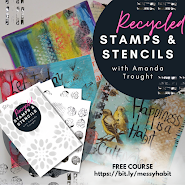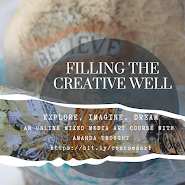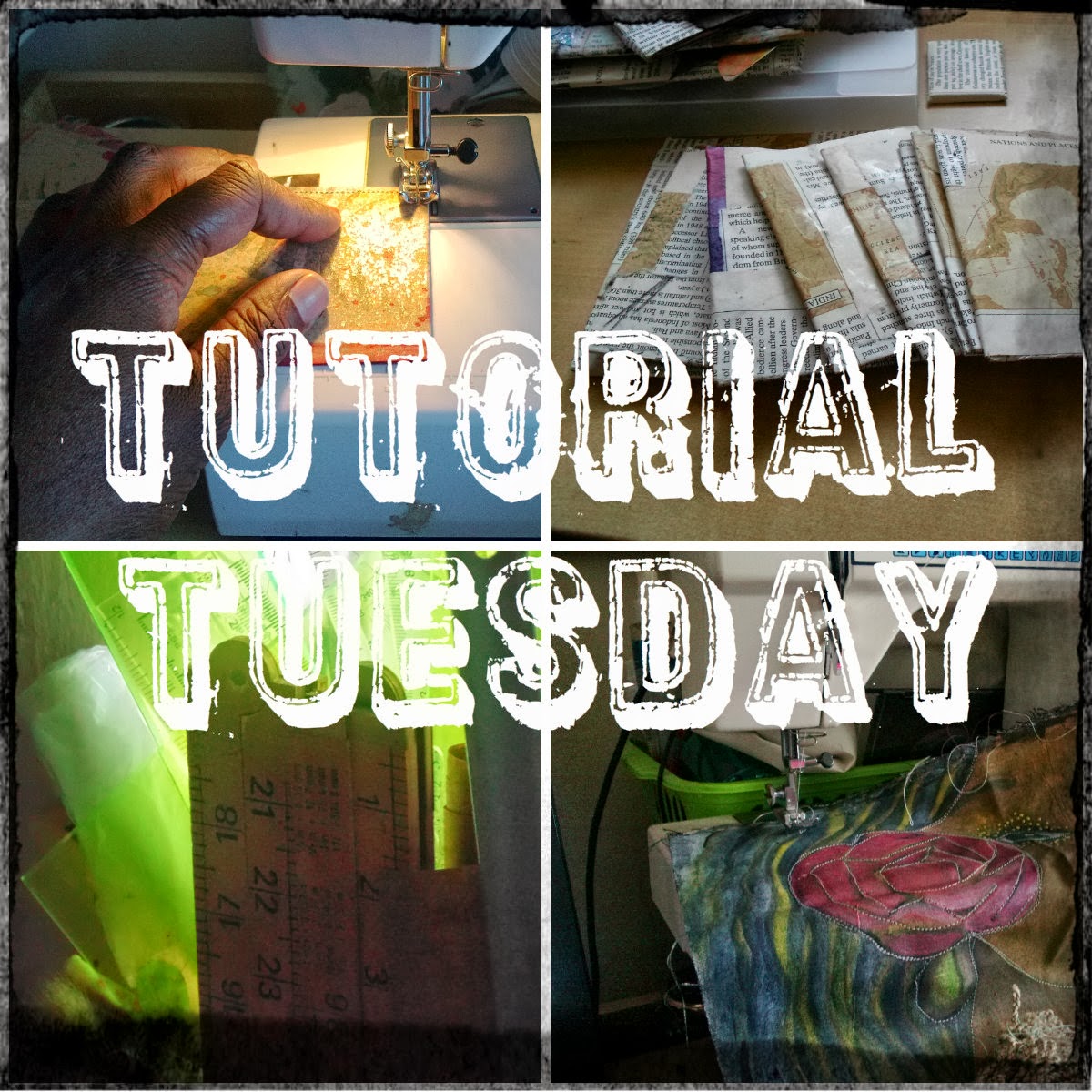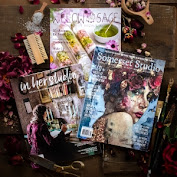Care Partnerships
When you have a loved one that you care for who is living in
a care home it is vitally important that you try and arrange where possible for
members of the family and friends to visit and provide additional stimulation
for the person in care on a regular basis. This
some might say can only happen in an ideal situation and the way that social
care is going at the moment which doesn't put the person and their needs at the center it leaves a lot to be desired.
In the video I look at what the care partnership has been like for me. With mum in a home I paid an active part in her care, and worked out ways in which I could spend as much quality time as possible, along with other family members.
Check out the video
Check out the Podcast
Privatization
Most Care homes around England have been privatized. Councils then get charged hefty amounts each
week to top up the charges that the residents pay either out of their pensions or from the sale of their home. If you lived in rented accommodation then
your contribution is usually most if not all of your state pension, depending on
how much you are assessed that you need to pay.
Care homes are supposed to be monitored, but many care homes can go 1 and 3 years without having a visit
from the local authority who are supposed to keep an eye on how the residents
are treated, and the running of the home covering staff and more. If there are no checks this leaves room for incidents/abuse to happen and homes continuing to operate
poor standards of care with a high turnover of staff.
I noted several online reports on the care home
directory for England that show many care homes listed had not met their basic standards and had issues raised like ‘clients not receiving their medication’
or ‘no police checks done for staff so that the residents were vulnerable’ and
many more things that were highlighted and the care home was left with the
responsibility for making sure it met the standards next time.
Partnerships are important
I say that this is a partnership as you have to keep eye on things that are going on in the care home and raise any concerns because you don't know what is going on when you leave.
It is unfortunate if you live in a different country and therefore
cannot visit on a regular basis and for many they have to trust that their
loved one is receiving the care that you want them to receive.
It isn’t easy, and you have to do what you can, but you have to play a part. The whole system needs shaking up, because
more and more people are feeling isolated and unable to look after themselves and feeling abandoned while their families don't know how to relate or cope
Things to try
There are a few things to help you manage your situation
especially if you have family members or friends who are not normally involved
with caring for your loved one and don’t visit.
- · Create a schedule for visiting – it is better that they spend half an hour 2 times a week than sporadic visits or not at all - It is a short space of time where they will be able to do a short activity
- · Ask them to perform specific tasks, create a short list of things your loved one likes doing that your family can do, activities such as going for a walk, hand or foot massage, read the paper or book out aloud, sing some songs, tell the person about the day that you have had or talk about the weather!!.
- · Go through some photographs, could be a holiday or childhood images and go through together and talk about them.
- · Get some samples of herbs with a fragrance, you can also do this with oils – some common ones are Rosemary, Lavender, Orange, Chamomile and let them smell them.
- · Getting other people involved in the partnership takes the strain off you and shares the load.
There is no perfect day, so even with a list of things you
need to stay flexible, and go with the flow of your loved one who might not
have had a good day, so may not want to go through the photographs, but might
want to listen to some music from their era, or have you hold their hand while
you talk to them.
There are a range of creative activities that you can also do whether you are caring for someone or not that help you express what you are going through.
Check out some of my art videos and podcasts to help you spend more creative time, and remember to take some time out for you!
Stay blessed and be a blessing!
 |
| Check out this weeks Podcast |
Stay blessed and be a blessing!
 |
| CLICK HERE |
















































































